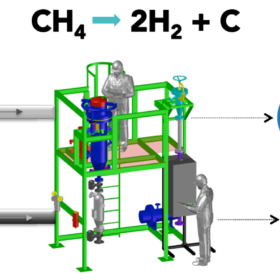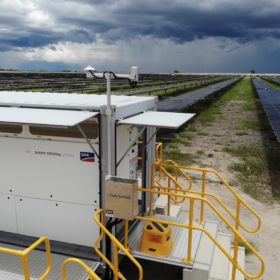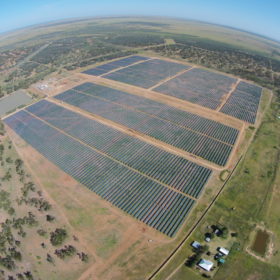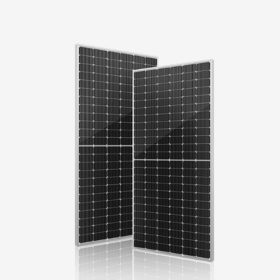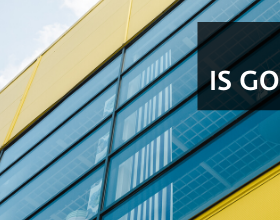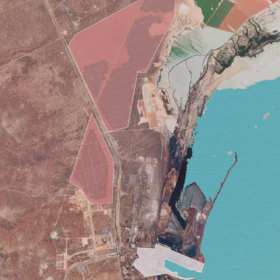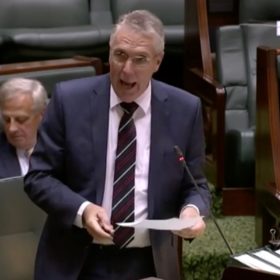Hazer raises $8.4m for wastewater-to-renewable hydrogen project
Perth-based Hazer Group has completed an $8.4 million share placement that will be used towards a project that will turn wastewater into green hydrogen and graphite using technology developed by the University of Western Australia.
Meet the Sydney startup forecasting our renewable energy future
pv magazine Australia sits down with Fulcrum 3D, the provider of the most accurate ground-based forecasting technologies for the solar and wind sectors. It’s amazing what a difference a bit of knowledge ahead of time can make.
QLD Govt backs renewable energy hub to empower western economies
The Palaszczuk Government is helping to fund a feasibility study into the proposed Barcaldine Renewable Energy Hub, a project with the potential to revolutionise the economy of the state’s south-west and turbo-charge the post-Covid-19 economic recovery.
AEMC approves landmark wholesale demand response to improve reliability and reduce prices
Large energy consumers will be allowed into the wholesale market and paid for reducing their power usage at times of peak demand under a new rule that will be introduced next year.
Seraphim signs module supply agreement in Australia
Chinese solar manufacturer Seraphim has strengthened its local distribution network in Australia on the back of a 50 MW high-efficiency solar modules supply deal with Raystech Group.
Australia becomes first market outside Europe to receive Ikea’s full home solar offer
Ikea has launched its turnkey home solar offer in Australia, making it the first market outside Europe that can purchase a home solar kit from its website. Ikea has partnered with Solargain to try and bring solar to as many Australian rooftops as possible.
Solar Trees grow in Townsville
Townsville in North Queensland is set to receive two new ‘solar trees’ as part of a beautification project designed to connect the city’s new stadium precinct with its CBD as the regional city looks to boost its economic recovery from the impacts of Covid-19.
Update on acquisitions of ASX-listed renewables developers
In its formal bidder’s statement, Philipines UAC Energy has urged Infigen shareholders to accept its takeover bid of $0.80 a share, while Infigen remained adamant no action should be taken in relation to the “opportunistic” offer. Previously, the acquisition of another prominent renewables developer, Windlab, was greenlit in a landslide shareholder vote.
Bringing green steel to reality: GFG launches Whyalla overhaul
GFG Alliance head Sanjeev Gupta has announced a high-cost refurbishment plan for the Whyalla Steelworks in South Australia marking a major step towards his goal to power the plant with green hydrogen.
VIC MP lambasts Melbourne-centric Solar Homes program
Nationals’ Victoria Murray Plains MP Peter Walsh has launched a criticism of the Labor Andrews Government Solar Homes program for its alleged Melbourne-centrism in overlooking his electorate entirely in relation to his battery storage rebate.
